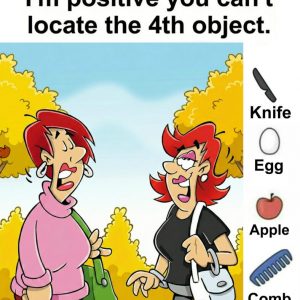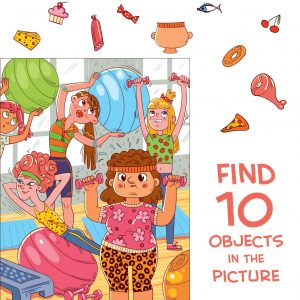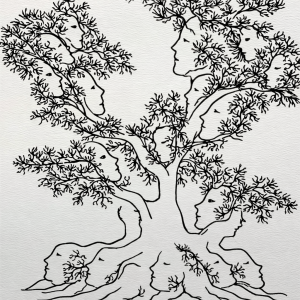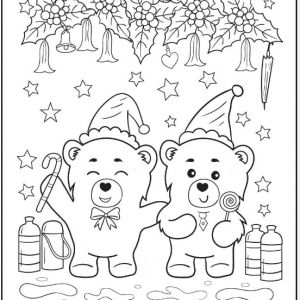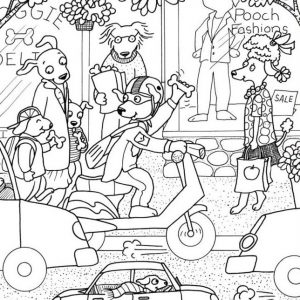Mirror Magic: Unraveling the Surprising Power of Reflections
Introduction: More Than Meets the Eye
Have you ever caught your own startled expression in a mirror and wondered if you really look that way, or if you’re seeing something more—something uncanny? The simple act of looking into a mirror taps into deep psychology, visual trickery, and even ancient folklore. In the image above, a young man recoils at his reflection, reminding us that mirrors hold mysterious sway over our self‐perception and our surroundings. In this article, we’ll explore six fascinating dimensions of mirror magic—from optical illusions to self‐awareness—and show you how understanding reflections can enrich your everyday life.
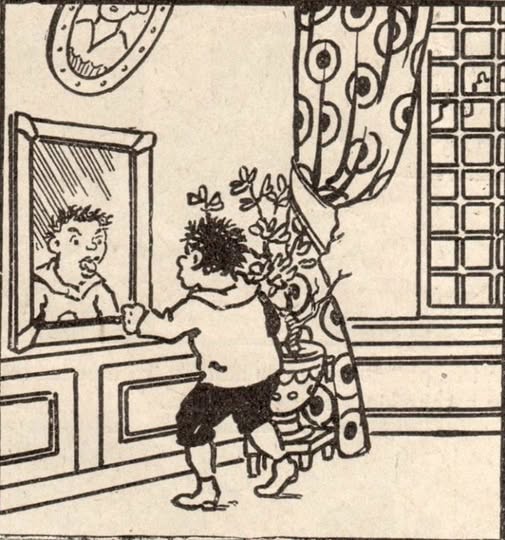
The Science of Reflection: How Mirrors Work
At its core, a mirror is just a pane of glass coated with a reflective metal layer—usually silver or aluminum. But the physics behind that gleaming surface gets interesting fast:
- Specular Reflection
Unlike a rough surface that scatters light, a mirror’s smooth coating reflects rays at equal angles, preserving the image. That’s why you see an undistorted you, not a blurred silhouette. - Virtual Images
Mirrors produce “virtual” images that appear behind the glass. Your brain traces light rays backward to that phantom location, so you perceive your reflection hovering at arm’s length. - Left‐Right Reversal Myth
Mirrors swap front to back, not left to right. The apparent “handedness” flip comes because you turn to face the mirror, naturally swapping your left and right sides.
Mirror Illusions: When Reflections Deceive
Mirrors can play delightful—or disconcerting—tricks on our eyes:
- Ames Room Effect
In a specially distorted chamber, a person at one end looks tiny while another appears gigantic, all thanks to angled walls and a carefully placed mirror. Your reflection reinforces the illusion, bending reality. - Endless Corridor
Position two mirrors facing each other, and they spawn an infinite procession of reflections—like a hallway with no end. It’s a classic stage trick that heightens depth and drama. - Mirage of Motion
In funhouse mirrors—bulging, curving, or rippling surfaces—your reflection warps, shrinks, or stretches, turning a routine glance into a carnival of contortions.

Psychology of Mirrors: Reflections and Self-Perception
Mirrors don’t just show us how we look; they influence how we feel:
- Mirror Self-Recognition
Humans pass the “mirror test” around 18 months old—recognizing the image as themselves. This milestone marks emerging self‐awareness, a cornerstone of empathy and identity. - Body Dysmorphia Trigger
Excessive mirror‐gazing can fuel unhealthy self‐criticism. People with body dysmorphic tendencies fixate on perceived flaws, seeing distortions that don’t exist—turning mirrors into emotional minefields. - Boosting Confidence
Conversely, a quick glance at a well‐lit mirror before a presentation can heighten self‐confidence. Seeing yourself stand tall, shoulders squared, primes your mind for success.
Mirrors in Culture and Myth: From Oracles to Vampires
Across time and tradition, mirrors carry potent symbolism:
- Ancient Oracles
In some Greek rituals, priestesses gazed into polished shields or water surfaces—early mirrors—to receive prophetic visions. The reflection became a portal to hidden truths. - Superstitions and Omens
Breaking a mirror still “brings seven years of bad luck,” a belief rooted in the idea that your soul resides in your reflection. Shattering a mirror meant fragmenting your spirit. - Vampire Lore
Traditional myths claim vampires cast no reflection—because they lack a human soul to anchor the image. This enduring image of the mirror‐less vampire fuels gothic stories and Halloween decorations alike.

Design and Decor: Harnessing Mirrors at Home
A well‐placed mirror can change a room’s mood and function:
- Enhancing Light
Positoned opposite a window, mirrors bounce natural light deeper into a room, brightening dark corners without extra lamps. - Illusion of Space
In compact homes, a large floor‐to‐ceiling mirror visually doubles a room’s size. It’s like opening a hidden door to extra square footage. - Statement Pieces
Ornate frames or clusters of small decorative mirrors become focal points, blending utility with artistic flair—turning walls into reflective canvases.

DIY Mirror Tricks: Creative Projects to Try
Ready to experiment with reflections? Here are three simple ideas:
- Mood Mirror
Attach color‐changing LED strips behind a mirror. Sync them to your alarm clock or music for a customizable light show that greets you each morning. - Message Board Mirror
Use erasable markers to jot daily affirmations or reminders on a bathroom mirror. Your reflection greets you with encouragement—or a grocery list—each day. - Framed Collage
Combine small framed photos and mini mirrors in an asymmetrical gallery. The mix of personal snapshots and reflective surfaces creates dynamic interplay of memory and light.
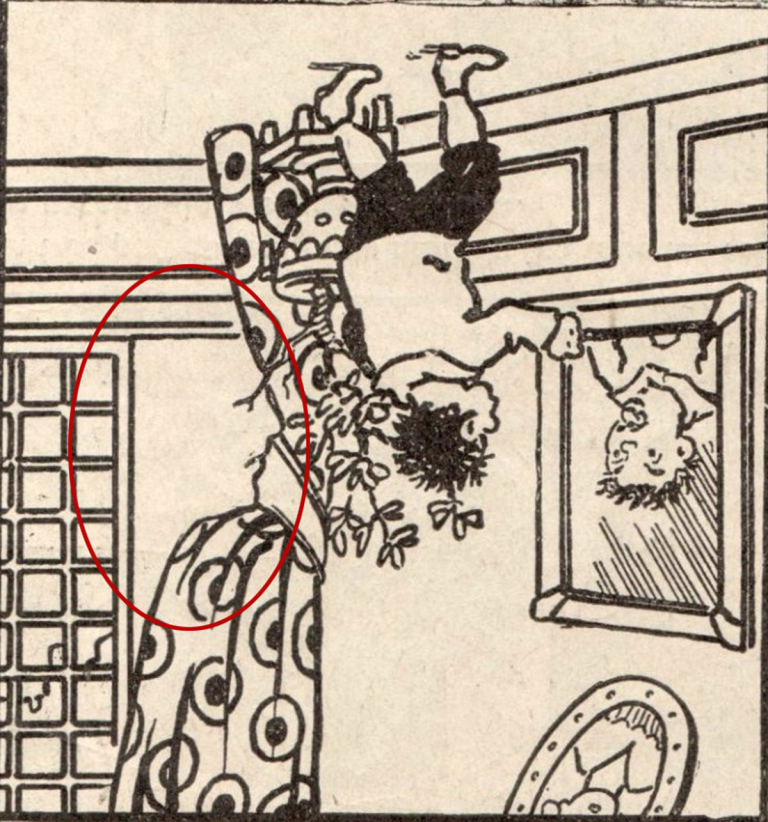
Conclusion: Reflecting on Reflective Power
Mirrors do far more than show our outward appearance. They invite us to explore vision and illusion, boost (or sometimes challenge) our self‐image, and connect us with rich cultural traditions. Whether you’re gazing into one to check your tie, crafting an infinite reflection corridor, or conjuring a mystic mirror oracle, remember that every reflection holds a story—of light, perception, and the human urge to see, and be seen. Next time you pass a mirror, pause and ponder: what hidden truths, playful tricks, or creative possibilities lie in your own reflection?
